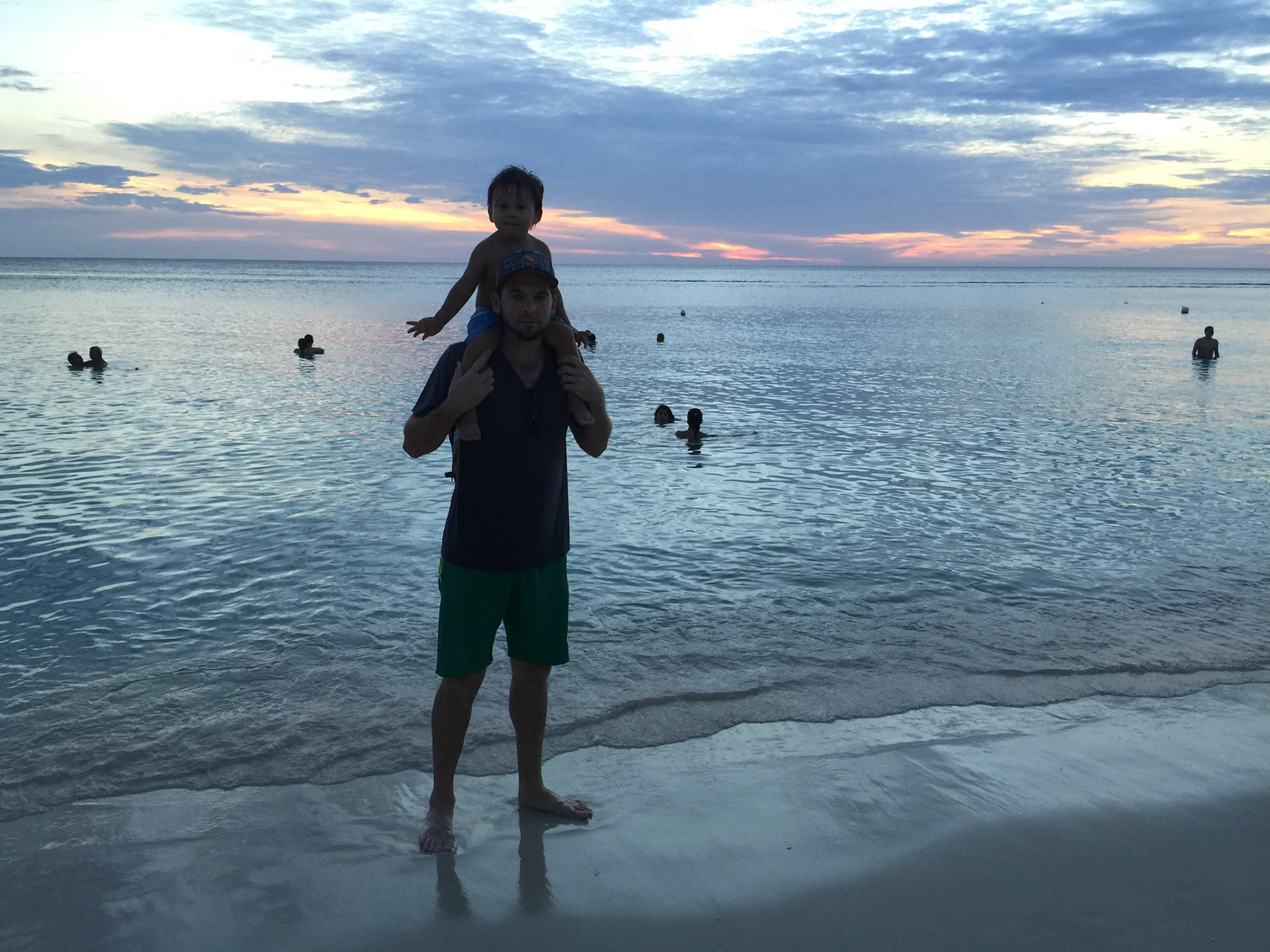Over the past three decades, Roatán, the largest of Honduras’ Bay Islands, has experienced an unprecedented boom in tourism, and today it is a popular destination for large cruise ships, scuba divers, and other visitors. While the development has provided economic benefits for many of Roatán’s people, it has also threatened the island’s sensitive Caribbean ecosystems. Slash-and-burn agriculture on the island has led to massive loss of forest, air quality problems, and coastal runoff. Irma Brady, a lifelong resident of the islands, became increasingly concerned about these growing threats and took action. In 1992, she founded the Bay Islands Conservation Association, a grassroots NGO designed to promote the sustainable use of the island’s resources, monitor environmental impacts, and ensure that development doesn’t come at the cost of irreplaceable habitats. BICA has grown in scope and influence over the years, and now has chapters on both Utila and Guanaja, Roatán’s neighboring islands. It also manages the Sandy Bay West End Marine Reserve, the site of Seacology's most recent project in Honduras.
Serving as a field evaluator, Brady has long worked with the local and national Ministry of Environment to certify proposed development projects on Roatán as sustainable before they are approved. She has helped save Roatán’s remaining coral reefs, mangroves, and other critical coastal environments from poorly designed developments. Her role has often brought her into conflict with developers and politicians, but her tenacity, knowledge of the issues, and broad community support have repeatedly won out and helped foster a culture of sustainability on the Bay Islands. Her other projects include the Port Royal Wildlife Refuge, a terrestrial wildlife preserve and the Carambola Botanical Garden, which offers free tours to local children to build appreciation for Roatán’s unique flora.
It’s not lost on us that Brady hails from Honduras, a country in which environmental activists have faced enormous risks in pursuing their convictions. Earlier this year Berta Cáceres, a longtime campaigner against environmental destruction and for indigenous rights and winner of the 2015 Goldman Environmental Prize, was killed in her home. The tragic act is widely suspected to have been a politically motivated assassination. Four months later another activist, Lesbia Yaneth Urquía, met the same fate after years of activism against the destructive hydroelectric project Cáceres had opposed. These high-profile crimes highlight the particular threats faced by activists in Honduras, which leads the world in violence against environmentalists, political dissidents, and others. In recognizing Brady, we hope to draw greater attention to the plight of those who take grave risks to stand by their principles and bravely speak up for their homelands and communities.
- Seacology
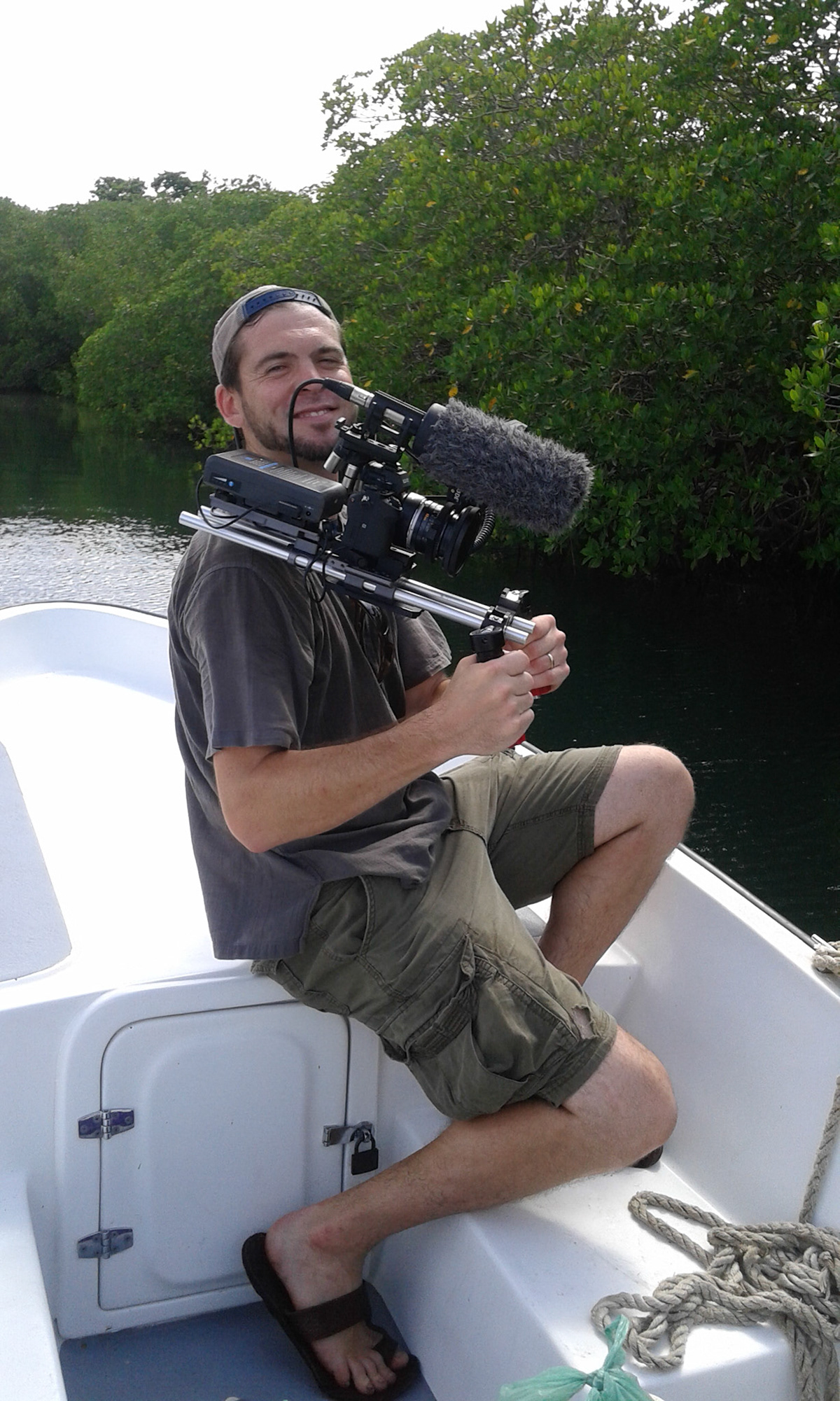
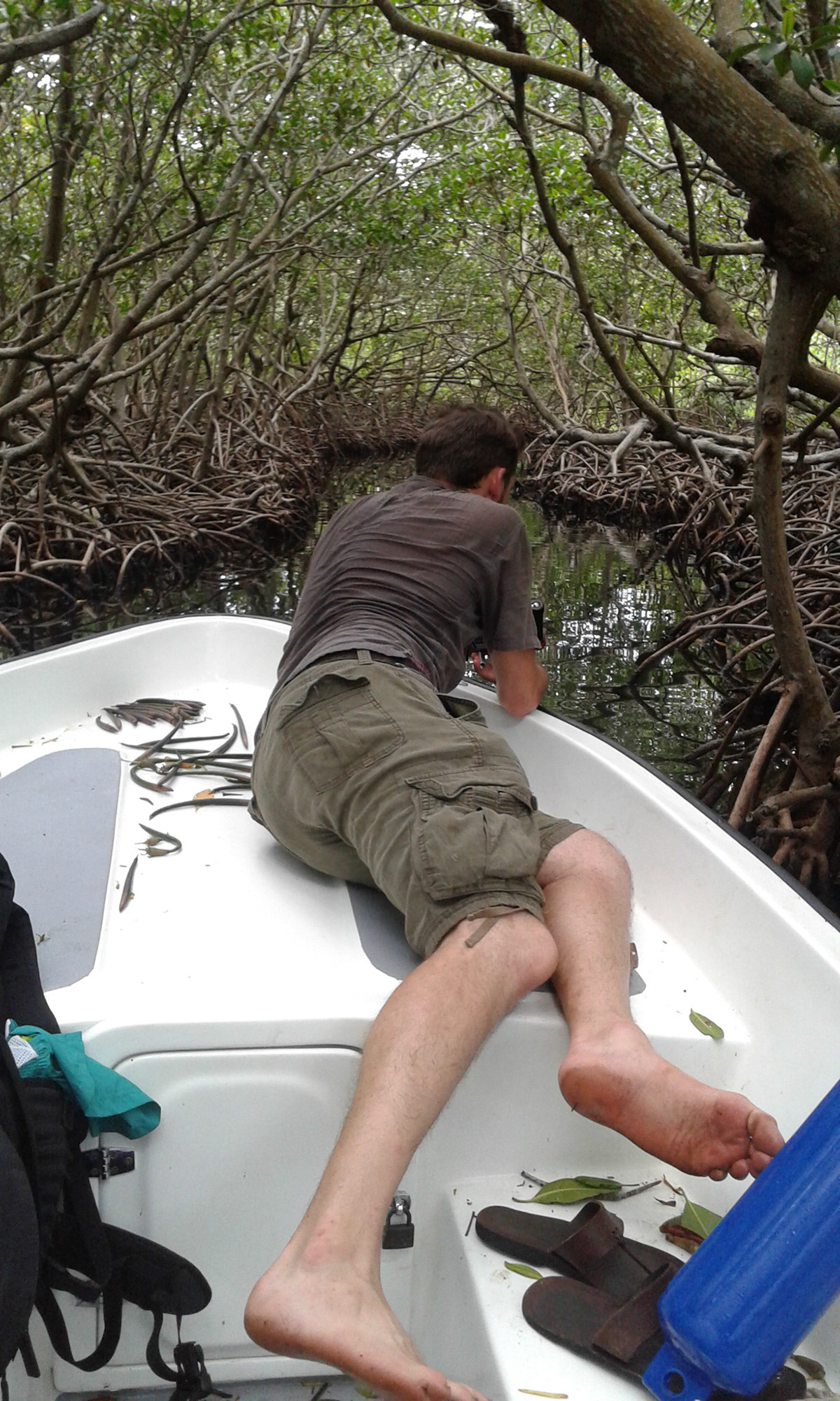
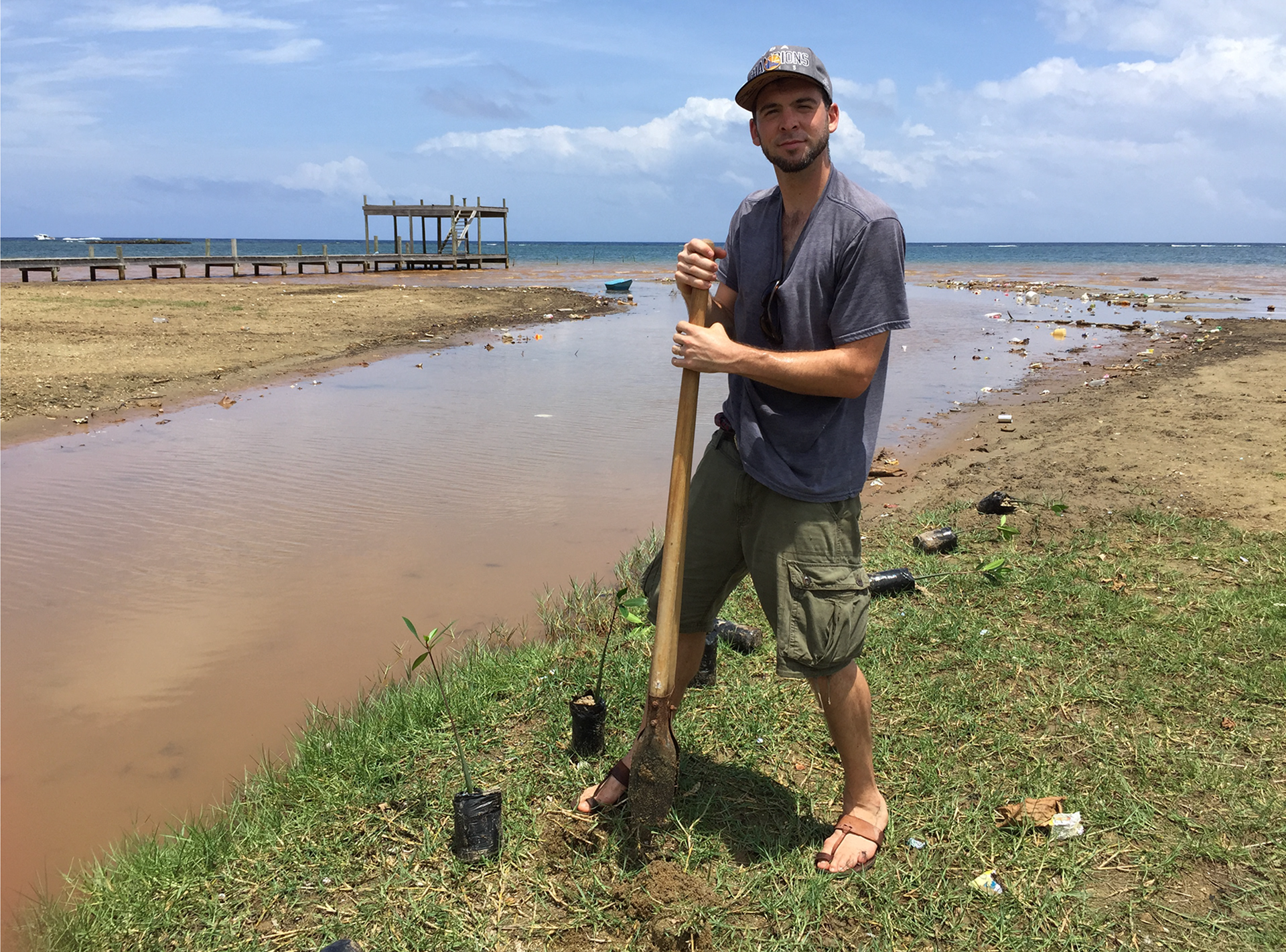
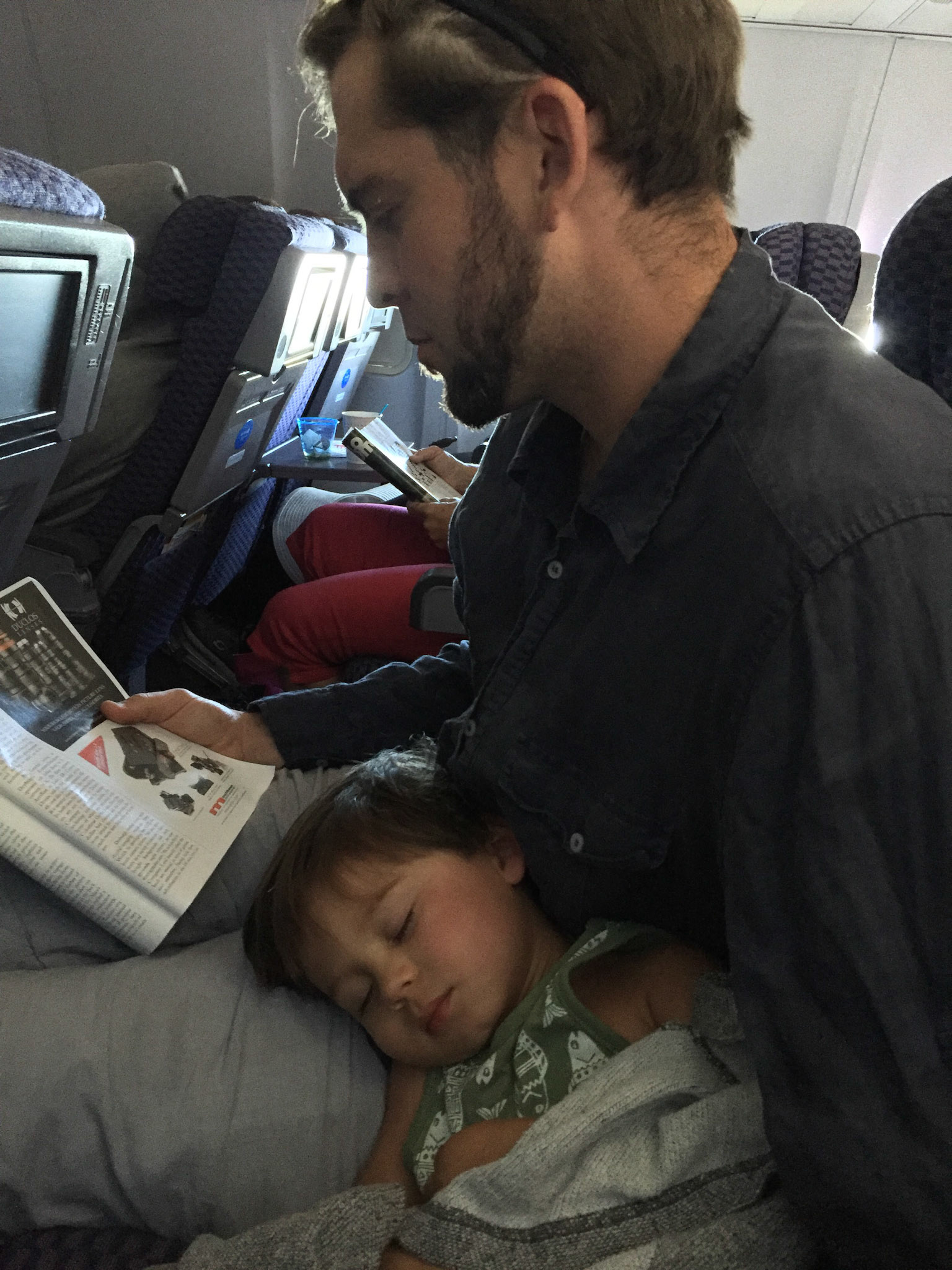
One of the few international trips my family came along for.
